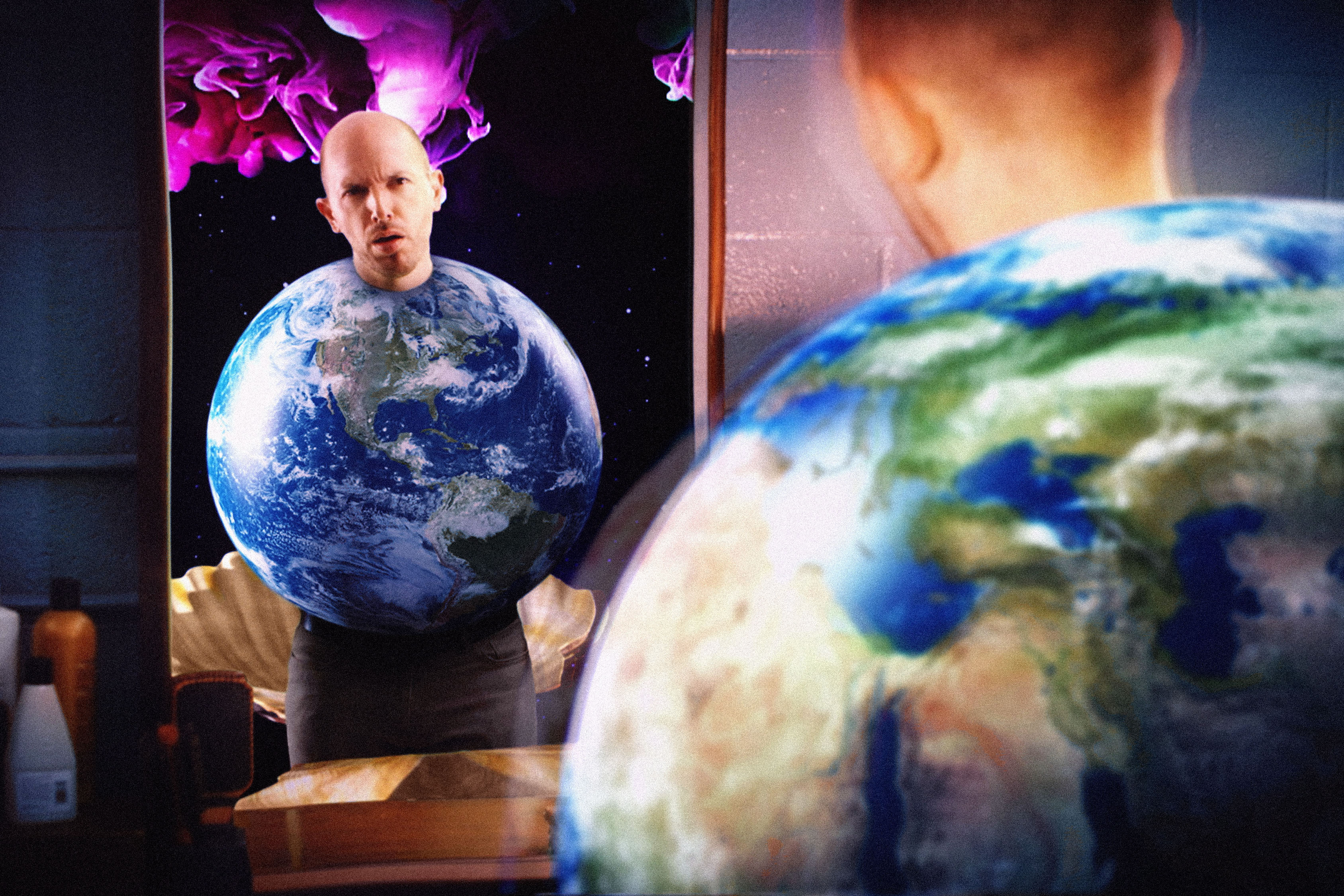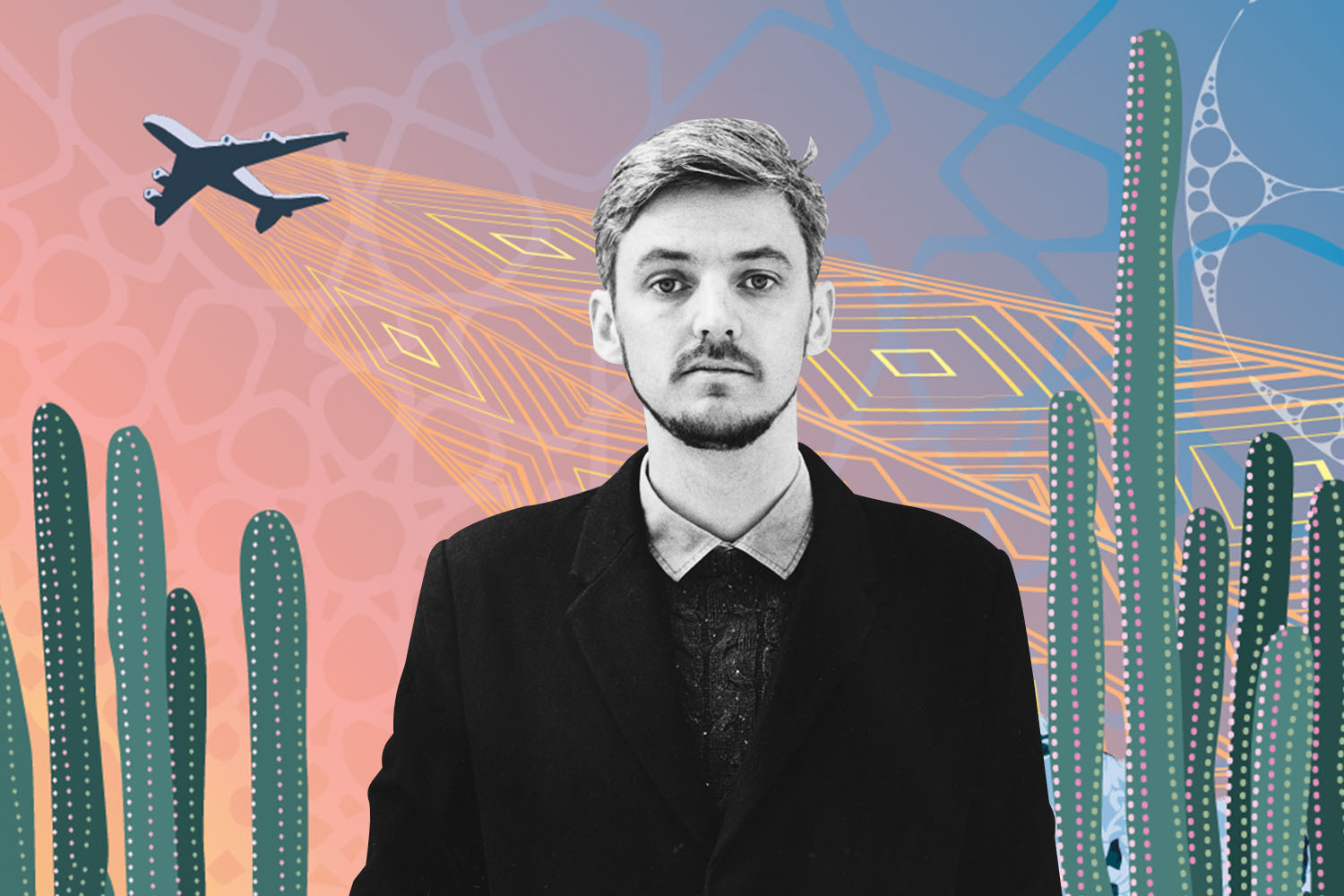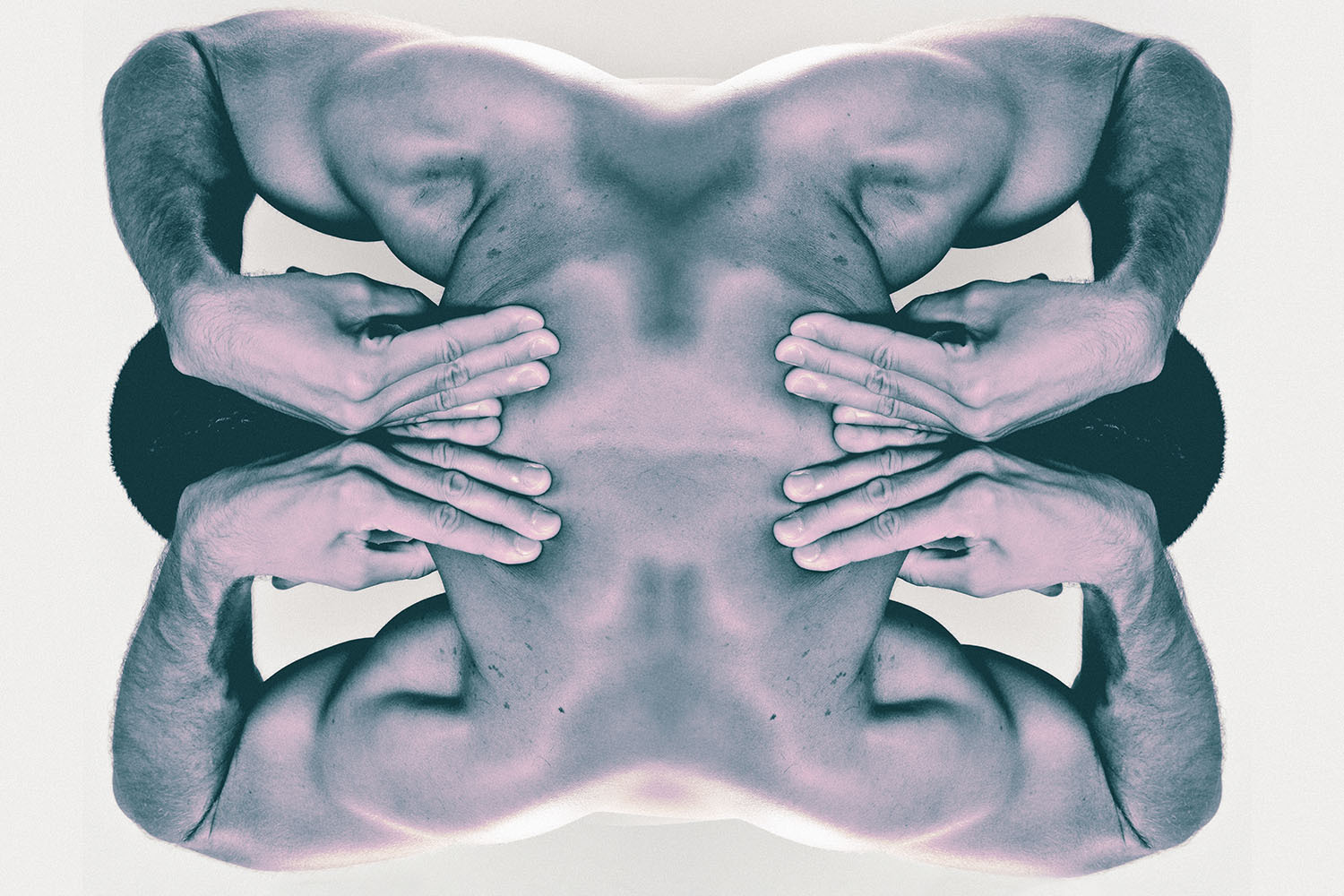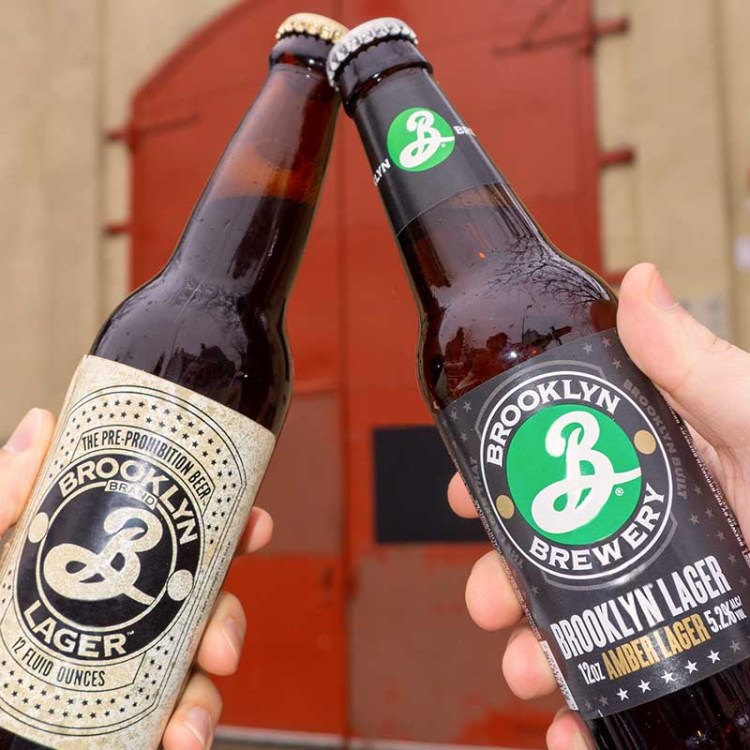Earlier this week, it was announced that the U.S.-Canada border will remain closed for at least another month amid the spread of COVID-19. Luckily, one of their most useful exports at this particular moment now has a home in the U.S.: the psychedelically enhanced therapy clinic Field Trip Health just opened its first stateside location in Manhattan.
The Canadian company opened its flagship clinic in Toronto back in March, calling itself “the world’s first mental wellness company focused on psychedelics and psychedelic-enhanced psychotherapy.” And while the concept of psychedelically enhanced therapy isn’t itself new (you’ve probably heard about Silicon Valley’s obsession with microdosing), the ability of companies like Field Trip or Ember Health to create a sense of normalcy around the practice certainly is.
The medical world’s renewed interest in psychedelics has gotten the attention of prestigious institutions such as Johns Hopkins University, which recently launched its own Center for Psychedelic and Consciousness Research — the first of its kind in the U.S., dedicated solely to studies on the effects of psychedelics on everything from smoking addiction to anorexia and Alzheimer’s disease.
Taking a quick look back at the evolution of commercialized medical marijuana in the U.S., the once taboo substance has now enjoyed much wider praise not only for its capacity to treat symptoms from anxiety to back pain, but to stimulate the economy through increased tax revenues, job growth and investment opportunities. In places like Los Angeles and Denver, medical marijuana is easy to purchase and available in the form of anything from designer gummies to iced tea. Information about individual dosage and intended effects are now clear and available for the user, which has gone a long way in destigmatizing the substance for reluctant users.
In a way, that’s what the world of regulated psychedelic-enhanced therapy is inching toward, and in Field Trip’s case, the substance is ketamine. They take the substance out of a dorm-room or music-festival setting and place it in the hands of certified psychologists and doctors with science-backed knowledge on how your mind and body might react, and who are also on standby should anything go wrong.
“Field Trip was founded by a team of passionate entrepreneurs and doctors with a mission to help bring the world to life through psychedelics and psychedelic therapies,” says Ronan Levy, Executive Chairman and Co-Founder of Field Trip Health. “We help people, from those struggling with mental health challenges to those seeking accelerated personal growth, with a simple, evidence-based way to heal and heighten engagement with the world.”
Levy tells InsideHook that Field Trip’s unique use of ketamine in therapy can help open the patient’s mind to deeper levels of awareness, which enables the enhancement of the therapeutic process.
“Ketamine has been approved for use in humans since the 1960s and, when used with proper medical and therapeutic oversight, is known to be extremely safe with minimal side effects. It’s so safe, in fact, that it is still used to this day in emergency rooms when treating children who may have broken a bone. That doesn’t mean it’s appropriate for everyone — for example, people with uncontrolled high blood pressure should not take it — but for most people, the risks of using ketamine are very low.”

Here is exactly where marijuana and a stronger substance like ketamine substantially differ: whereas effects of marijauana are relatively mellow, ketamine, sometimes called “Special K,” has gained a bad reputation in the past for its unintended negative effects outside of clinical setting — from illegal recreational use as a club drug to those who routinely seek out “k-holes,” a dissociative effect that can come from especially high doses.
But it’s these hallucinogenic effects that, while potentially disastrous in an uncontrolled setting, can provide emotional breakthroughs for those suffering from depression and anxiety when ketamine is administered by a professional. Levy tells us that while each person’s individual experience is obviously unique and personal to them, the ketamine experience is often described as euphoric, calming and mystical. He says that some people also report a pleasant sense of disconnection from everyday life, like they are observing their mind and body from the outside rather than within.
“The advantage of using psychedelics, including ketamine, in therapy are threefold,” he continues. “First, psychedelics are fast-acting antidepressants, so people who may be stuck in a mental or emotional rut find an almost immediate improvement in their mood. Secondly, psychedelics often trigger different parts of the brain to start communicating with each other in ways that the brain doesn’t normally do without psychedelics. This helps people see things from new and different perspectives, and often leads to insights into what may be driving a person’s mood or emotions. Thirdly, psychedelics are known to quiet the ego and create a period of neural plasticity which makes people more receptive to the effects of therapy and more able to make emotional, behavioural and outlook changes so they don’t fall back into old patterns.”
For those new to the idea of psychedelic-enhanced therapy, the methods might sound kooky or dangerous, but its benefits are increasingly backed by science. A study performed on 25 drug-free male patients showed a “robust and rapid effect on depression,” which was seen both immediately post-treatment and at the end one month of ongoing treatments. Any transient adverse effects subsided within an hour.
While ketamine is the only legal psychedelic currently available in North America, Levy says that with the success of recent clinical trials on the effects of MDMA and psilocybin (mushrooms), it is very likely that other forms of psychedelic-enhanced therapies will be available in the next few years.
“At Field Trip, we believe that psychedelics have the potential to truly transform how we think about mental, emotional and behavioural health, and even human consciousness, and so we are excited to be helping to usher in the new psychedelic renaissance,” he says.
“Over the coming years, we’d like to see Field Trip Health centers operating all over the world, helping people overcome mental health challenges and accelerating their personal growth. Ideally, we’d like to have a toolkit of a number of different psychedelic medicines to work with, such as ketamine, psilocybin, MDMA as well as our own molecule in development. We’d also love to see millions of people using our app, Trip, as the go-to tool for anyone doing consciousness expanding work on their own. To us, that would be a delightful future, indeed.”
To find out whether you’re eligible for an appointment with Field Trip, simply fill out a brief questionnaire on their site to get started. From there, they’ll schedule a call with you to better understand your needs, and if approved, host you for your first session at their 137 E 25th Street, which opened in August.
This article was featured in the InsideHook NY newsletter. Sign up now for more from all five boroughs.





















